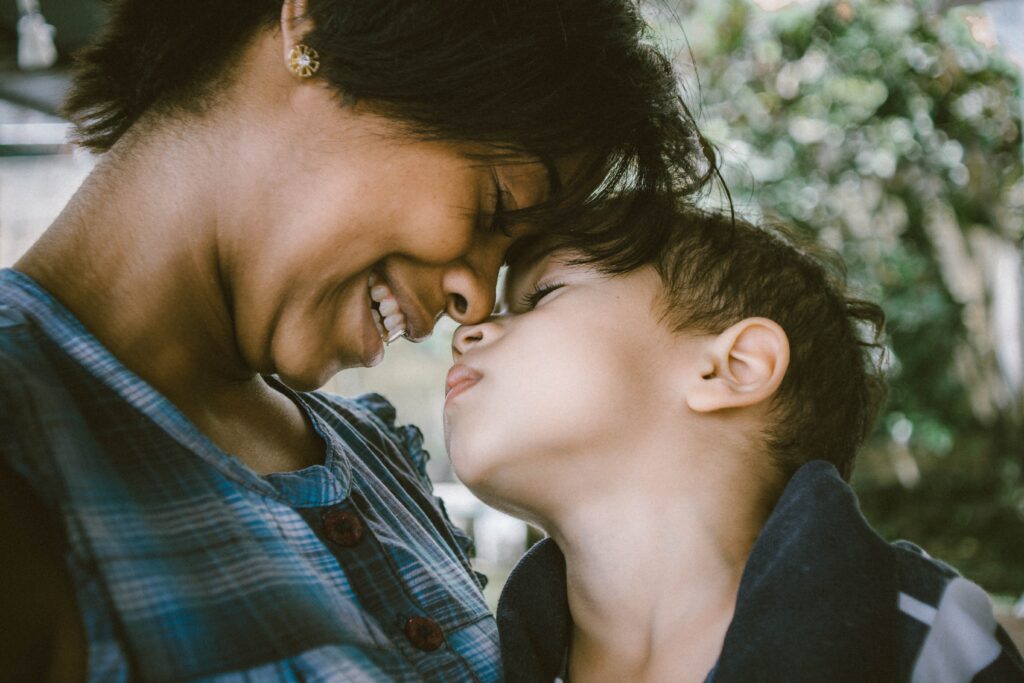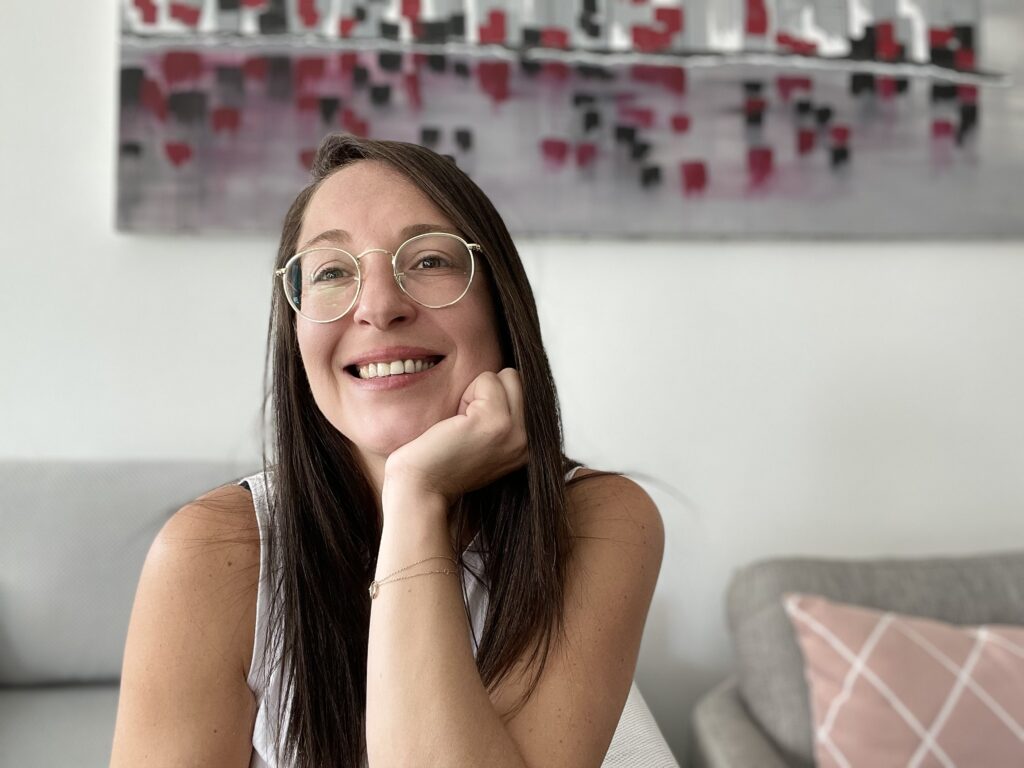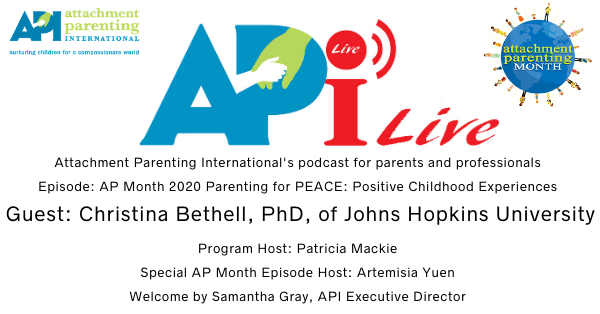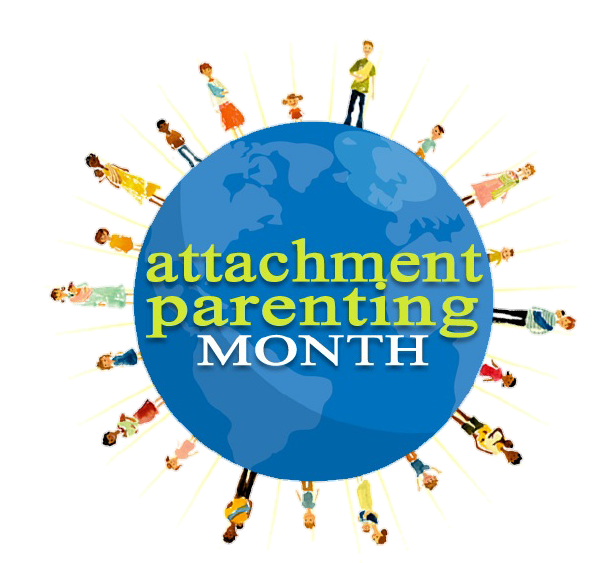API welcomes this special guest post from Viki de Lieme, reprinted with permission from Happiness in Heart and Mind.

Relationships are work, sometimes even hard work. But when it comes to our state of mind, our children, and partners, this is the most gratifying work of all, because it directly reflects upon our happiness, and theirs.
Something about my mindset, and my state of mind, had always been different. I experienced this difference throughout my years. But it wasn’t until I came across one of Marshal Rosenberg’s videos on YouTube, some six years ago, that I finally “handed-down” with the dictionary to the way my brain works.
Wow.
I suddenly understood why I don’t fight, don’t yell, and manage to keep my balance (almost) at all times. I understood the structure behind the way I choose to parent my children daily. That video was the first step on a journey, still very much in progress, to master Nonviolence as a mindset.
A conscious, deliberate mindset that makes me a happier person, a happier partner, a happier mother, a happier me.
It took years of practice, and I am still learning. Every single day. I learn from myself (how I feel about situations, how I react to situations, what triggers me and how I react to these triggers). I learn from my children (they teach me what being a human being really means). I learn from my partner, my family, my friends, and my clients, of course.
I study Nonviolent Communication every day. I practice breathing, I practice shutting off my automatic responses, I practice feeling, I practice seeing, I practice thinking, I practice speaking, I practice making choices. I practice not being controlled by my own thoughts.
This constant and ongoing practice empowers my peace of mind, my undivided focus on what’s really important. This practice empowers me, my children, my partner, and everyone else around me. Whether they are taking an active part or just being in its proximity.
All these years of learning and practice boil down to the following 10 things I do each and every day, to live life for what it really is, to feel, to love, to be. In full presence.
10 Things I Do Each Day To Make My Family Stronger and Happier
I ask for help. I’ve been doing it since day one. I ask for a glass of water, I ask for help getting up, I ask for help tidying up. This helps make EVERYONE givers and teaches giving through receiving.
I expect nothing. I am the only one responsible for my needs. Losing the expectations frees my loved ones to give – because they want to, not because I want them to.
I treat EVERYTHING given to me as the true present that it is. The glass of water, the bit of help, the pure intention. Everything is met with a kiss, a huge hug, and a smiling heart. This teaches that giving IS receiving, and that the joy is mutual.
I love – for free. Nothing can ever, and I mean – ever – condition my love. No matter what happens, no matter what was said or done – it will never cost my connection, the cuddles, or the bedtime story. These are sacred. This teaches that nothing can ever come between us.
I respect and accept all emotions. Even when it’s hard, even when I’m tired and out of patience. Emotions are the beating heart of a child. Loving a child is loving all his emotions. This teaches acceptance, coping skills, and resilience.
I don’t judge. “Amazing,” “lovable,” “my sunshine,” and “my love” are the only words I ever utter after “YOU ARE”. This teaches the freedom to be.
I don’t interpret. I can’t ever know why someone did something he did; my guess is as good as anyone else’s. I ask. And if I can’t get an answer – I accept whatever happens as is, knowing that my interpretation will only cause ME harm. This teaches the freedom to act.
I come closer. I never push away. I am always there. No matter what happens. This teaches the real strength of unconditional love.
I express myself. Authentically. I share my feelings, all of them. I share my desires, and my wishes. I am always honest about what lives in me. This teaches honesty and acceptance of self.
I let myself be. I let everyone be. Themselves. In their most authentic self expression. Without judgment or interpretation, without expectation, in a world where love is free and all emotions are welcome. In a world that celebrates the power of connection, where every day is the purest, most beautiful present. This teaches peace, love, and nonviolence.
These are the 10 things I do each day to build a strong relationship with my children. These are the 10 realizations I live and swear by, they are my roots in this world. Growing these roots, strengthening them every days allows my family and me to grow, nurture, and care for each other. These 10 practices unite us, make us one, inseparable being. As such – we are unbreakable.

Viki de Lieme is a mom, a wife, a daughter, but first of all – a human being. She’s a life and a parenting coach, who firmly believes that the journey to the world we all want to live in, begins with each and every parent who chooses to parent from the heart.



 Being a consistently kind and positive parent can be challenging, especially when children are also struggling or stressed. Even before the COVID-19 pandemic, national data showed that over 1 in 3 children had moms who were not coping very well.1 And over 2 in 5 had parents who struggled to stay hopeful or find strengths to draw on when things were hard. These parents were three times more likely to report routinely feeling angry and aggravated with their child.1
Being a consistently kind and positive parent can be challenging, especially when children are also struggling or stressed. Even before the COVID-19 pandemic, national data showed that over 1 in 3 children had moms who were not coping very well.1 And over 2 in 5 had parents who struggled to stay hopeful or find strengths to draw on when things were hard. These parents were three times more likely to report routinely feeling angry and aggravated with their child.1  Our best research calls for doing all we can to foster positive parent-child experiences: like talking together about things that really matter, looking for strengths and reasons to hope, and reaching out for support during hard times.3,4 The benefits are long lasting for us all. Our recent research shows that fostering the most important positive childhood experience of all- safe and nurturing connection with parents-markedly reduces the risk of having depression or poor mental health as an adult. This increases the chances of having the social and emotional support they need later in life, when they might be parents too.3,4
Our best research calls for doing all we can to foster positive parent-child experiences: like talking together about things that really matter, looking for strengths and reasons to hope, and reaching out for support during hard times.3,4 The benefits are long lasting for us all. Our recent research shows that fostering the most important positive childhood experience of all- safe and nurturing connection with parents-markedly reduces the risk of having depression or poor mental health as an adult. This increases the chances of having the social and emotional support they need later in life, when they might be parents too.3,4 



